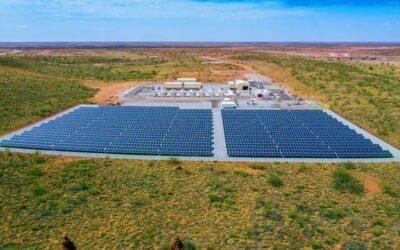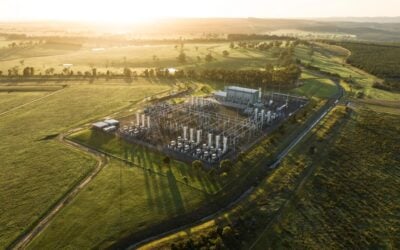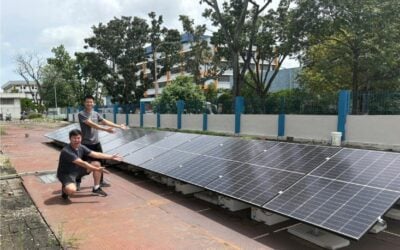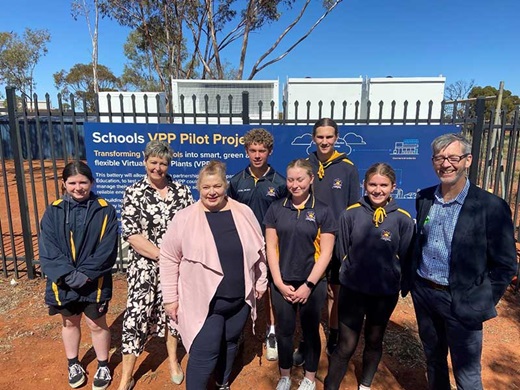
A five-year long project to trial the use of energy storage at community-scale in a Western Australian suburb achieved an 85% reduction in consumption of energy from the grid at peak times for participating households.
The Alkimos Beach Energy Storage Trial (ABEST) was conducted by state government-owned utility Synergy, together with property developer Lendlease and infrastructure company LandCorp. The idea was to deploy rooftop solar PV systems on around 100 houses in the Perth suburb of Alkimos Beach and then allow residents to collectively use a 1.1MWh lithium-ion community battery energy storage system (BESS).
Enjoy 12 months of exclusive analysis
- Regular insight and analysis of the industry’s biggest developments
- In-depth interviews with the industry’s leading figures
- Annual digital subscription to the PV Tech Power journal
- Discounts on Solar Media’s portfolio of events, in-person and virtual
As Energy-Storage.news reported back in 2016 as the AU$6.7 million (US$5.98 million) trial programme kicked off, it received AU$3.3 million funding from the Australian Renewable Energy Agency (ARENA). At the time, ARENA chief executive Ivor Frischknecht said that community-scale battery and rooftop solar could be a win-win for energy retailers, developers and households but that there was a need to better understand how the technologies can fit into the power system and markets.
ABEST concluded with findings that the battery storage and solar largely achieved the technical aims that they were targeted at: discharging the battery storage at peak times lowered household consumption of power at those most expensive times, which could obviate the need to build as many large-scale renewables projects.
It also showed that it was possible to reduce strain on the grid, which could be beneficial to the network providers who would not have to invest as often or heavily in grid maintenance or upgrades. Households connected to the battery “virtually” could receive credits on their surplus energy, saving them money on their bills.
However, a few key challenges were identified. Firstly, customers were subsidised to participate, meaning that although the 113 households taking part collectively saved around AU$85,000 on their energy bills, around AU$30 to AU$50 a month per household, a AU$11 subscription fee to join the battery scheme was “not a sustainable product for Synergy to launch to market,” the project report said.
Customers also received a AU$4,500 rebate off the costs of a solar PV system with at least 1.5kW capacity, solar hot water system or heat pump, energy efficiency air-conditioning and a AU$150 energy monitoring device. The trial found that customer acquisition was still tricky and required a lot of education and explanation of the project, its purpose and potential benefits and even though the battery itself helped significantly lower peak demand, customer behaviour towards electricity use did not change.
The electricity sector and its technologies have changed since the start of the trial, which wasn’t set up to capitalise on the multi-use capabilities of battery storage. As it focused largely on that main peak demand management application, the possibility of delivering grid services like frequency regulation and voltage support weren’t explored. Synergy said in its ABEST Final Knowledge Sharing Report that in general, electricity market reform is needed to recognise the benefits of community batteries.
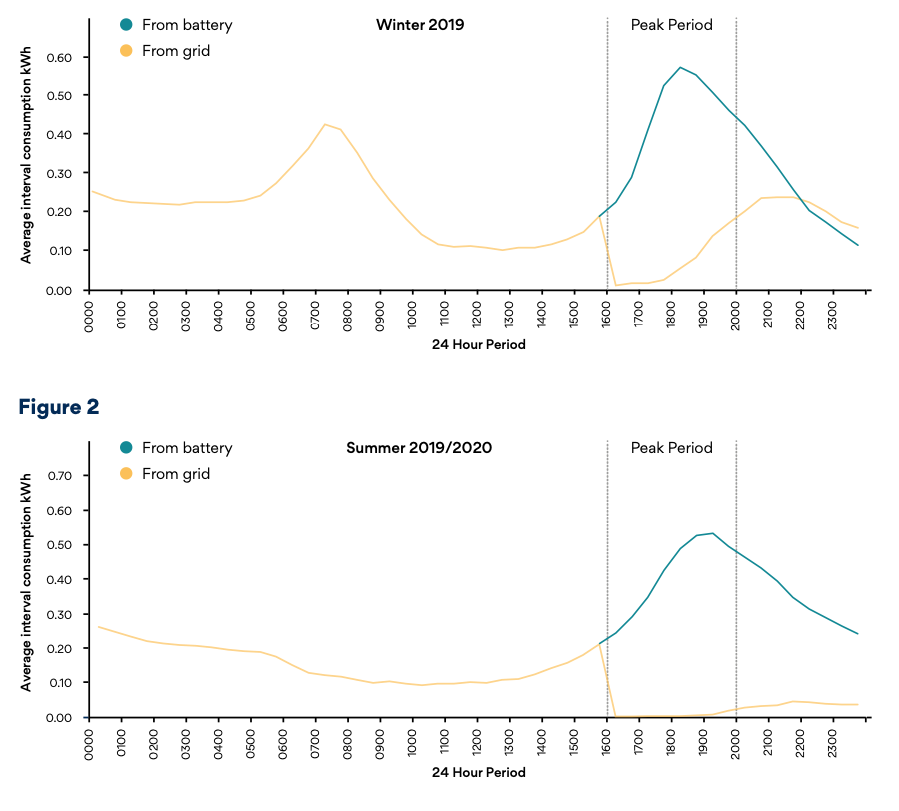
Project since joined by other community battery trials around Australia
In the five years since ABEST was inaugurated, there have been several community battery initiatives around Australia that Energy-Storage.news has reported on. Enabling households that might not be able to afford an individual battery system to benefit from one, and placing a medium-sized battery near to customer demand centres could make more sense than large-scale facilities sited outside of towns and suburbs.
In February this year, CitiPower, an electricity distribution company serving central Melbourne, Victoria, announced a trial of so-called “solar sponges”: shared ownership battery systems that store locally generated solar power.
Also in February, fellow electricity distributor Ausgrid launched its first community battery project in Beacon Hill, Sydney, one of three such systems Ausgrid is installing across the New South Wales city. Ahead of that trial, the network company hired KPMG to carry out a feasibility study which indicated that community battery systems could be effective and economical, especially if allowed to perform multiple revenue generating applications.
In late July, the city council of Melbourne committed to a 5MW pilot rollout of community battery storage systems, beginning in 2022. Various other schemes are in the making, such as another trial in Victoria which will put a fleet of 40 battery systems of 30kW / 66kWh each on distribution transformer poles in a project dubbed ‘Electric Avenue,’ announced in August.

